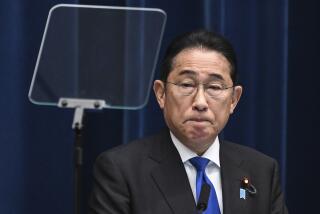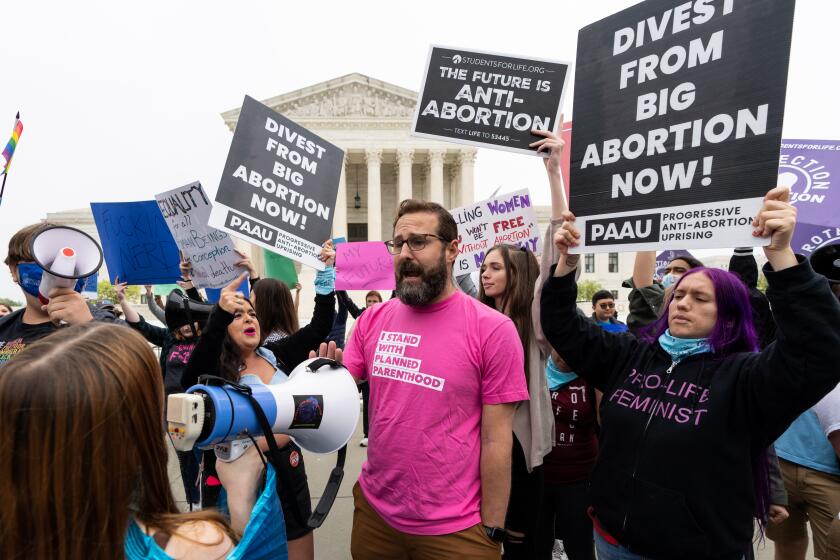Vietnam Communist Party chief Nguyen Phu Trong, the country’s most powerful leader, dies at 80

Nguyen Phu Trong, general secretary of Vietnam’s ruling Communist Party and the country’s most powerful politician, has died following months of ill health, official media said Friday. He was 80.
“General Secretary of the Central Committee of the Party Nguyen Phu Trong passed away at 13:38 on July 19, 2024, at the 108 Central Military Hospital due to old age and serious illness,” the Nhan Dan newspaper said.
Official media said a state funeral would be held.
Trong had dominated Vietnamese politics since 2011, when he was elected party chief. During his tenure, he worked to consolidate the Communist Party’s power in Vietnam’s single-party political system. In the decade before he took the top role in Vietnamese politics, the balance of power had shifted more toward the governmental wing led by then-Prime Minister Nguyen Tan Dung.
Born in 1944 in Hanoi, Trong was a Marxist-Leninist ideologue who earned a degree in philosophy before becoming a member of the Communist Party at 22. He viewed corruption as the gravest threat to maintaining the party’s legitimacy.
“A country without discipline would be chaotic and unstable,” Trong said in 2016 after being reelected to the party’s helm. Officially, Vietnam has no top leader, but the Communist Party chief is traditionally seen as the most powerful.
He launched a sweeping anti-corruption campaign known as the “blazing furnace” that singed business and political elites. Since 2016, thousands of party officials have been disciplined. They included former Presidents Nguyen Xuan Phuc and Vo Van Thuong and the former head of parliament, Vuong Dinh Hue. In all, eight members of the powerful Politburo were ousted on corruption allegations, compared with none between 1986 and 2016.
To offset Moscow’s growing isolation, Russian President Vladimir Putin signed a series of deals with his Vietnamese counterpart during a state visit.
Trong studied in the Soviet Union from 1981 to 1983, and there was speculation that under his leadership, Vietnam would move closer to Russia and China. However, the Southeast Asian nation followed a pragmatic policy of “bamboo diplomacy,” a phrase he coined that referred to the plant’s flexibility, bending but not breaking in the shifting headwinds of geopolitics.
Vietnam maintained its traditional ties with its much larger neighbor, China, despite differences over sovereignty in the South China Sea. But it also drew closer to the United States, elevating its ties with its former Vietnam War foe to its highest diplomatic status, a comprehensive strategic partnership.
Trong’s legacy is mixed, with the unintended consequence of the anti-graft campaign being an erosion of institutions within the Communist Party, said Nguyen Khac Giang, a visiting fellow in the Vietnam Studies Program at Singapore’s ISEAS–Yusof Ishak Institute. The party institutions were the bedrock ensuring that a balance of power remained among its different factions, he said.
“Vietnam has become more and more like China, where institutions and norms [don’t] really matter as much as personal power,” Giang said.
Vietnamese President To Lam was appointed the party caretaker on July 18 while Trong received treatment for his ill health. As Vietnam’s top security official, Lam had led the anti-graft campaign until becoming president in May, when his predecessor resigned after being caught up in it.
The party’s Politburo asked Lam to “preside over the work of the Party Central Committee, the Politburo, and the Secretariat,” according to a statement from its central office that was the first official confirmation of Trong’s poor health.
Rumors about his health have swirled in Vietnamese politics since he was first hospitalized in 2019, and more recently when he appeared extremely frail while meeting visiting Russian President Vladmir Putin.
Trong’s death leaves behind a political vacuum in Vietnam. Although Lam is widely viewed as the likely next party chief, Giang predicted “a very uncertain time” in Vietnamese politics because the norms and institutions governing the country are “very shaky.”
“Now it isn’t only about the rules or norms, but it is also about who holds the most power,” Giang said.
The Central Committee of the Chinese Communist Party sent its condolences to its Vietnamese counterpart and “deeply mourned” Trong’s death, the state-run Xinhua news agency reported Friday.
More to Read
Sign up for Essential California
The most important California stories and recommendations in your inbox every morning.
You may occasionally receive promotional content from the Los Angeles Times.







